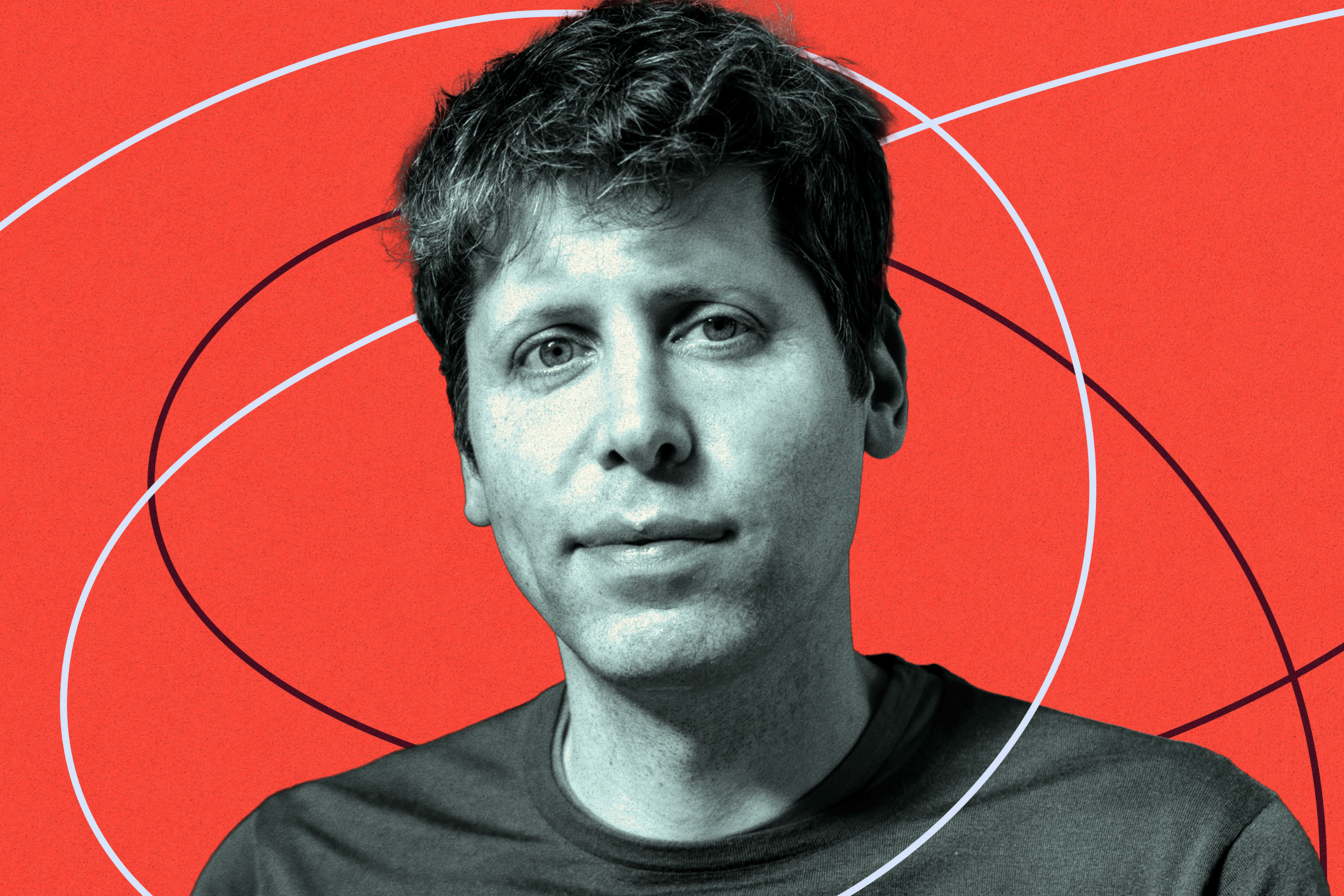Tech CEOs don’t normally use their earnings calls to make book recommendations, but after reading the novel that’s all the rage among his billionaire peers, Marc Benioff apparently couldn’t help himself.
“It’s kind of a phenomenon here in Silicon Valley,” the Salesforce chief gushed about “We Are Legion (We Are Bob),” an obscure title by Dennis E. Taylor that was published a decade ago, to investors on a May 28 call. “All these CEOs are reading this one book, saying, ‘Yes, this is exactly what’s going to happen.’”
It’s perhaps a little alarming, considering that the events of the book include a nuclear apocalypse that wipes out the vast majority of humanity and the dead being drafted into virtual bondage as AI space soldiers. But Benioff is right about the enthusiasm from his fellow CEOs: OpenAI chief Sam Altman has tweeted about the book, and LinkedIn founder Reid Hoffman has been handing out copies to friends.
And although some in Silicon Valley view the author as somewhat of a prophet, Taylor did not foresee his book acquiring such a high-powered following. In fact, the 68-year-old retired Canadian programmer, who lives in a suburb of Vancouver, was unaware of its newfound hit status until The Standard contacted him.
“We Are Legion” follows protagonist Bob Johansson, who has just sold his software company. After being killed by a car while crossing the street, he wakes up a century later with his mind uploaded into an artificial intelligence. The year is 2133, and the world is on the brink of economic and environmental collapse. Bob — or, rather, his digital consciousness — is the property of an anti-science Christian theocracy engaged in a global race to colonize space using AI.

Taylor wrote the book as a passion project after his wife gifted him a Samsung Galaxy tablet to read books on the Kindle app. Inspired, he began writing science fiction to explore then-outlandish technologies like artificial general intelligence, digitized consciousness, and self-replicating spacecraft.
“The book speaks to a lot of the themes that are going on right now in Silicon Valley,” said Taylor, who earned enough from “We Are Legion” and its four sequels to comfortably retire. He now spends his days, when not writing, playing video games and mountain biking. “A lot of what’s in the book is becoming more plausible.”
The upper echelons of Silicon Valley have taken notice.
“I think we should stop arguing about what year AGI will arrive and start arguing about what year the first self-replicating spaceship will take off,” Altman wrote last month (opens in new tab) on X, referencing the probe that houses Bob’s digital consciousness, which can create copies of itself using materials found in space.
Hoffman, a sci-fi aficionado, is another high-powered “We Are Legion” fan. He has introduced the book to a number of noteworthy people in Silicon Valley, including Microsoft CTO Kevin Scott.
Hoffman chalks up the book’s resurgence to this moment in the Valley, when “people [are] thinking about AI improvements and possible human-machine combinations.” The reality of an AI-inflected future has led tech leaders like himself to think through “positive potential futures for AI” and ponder futurist texts.
That’s not to say Hoffman believes everything in “We Are Legion” will come to pass. Self-replicating spacecraft seems likely, he said. But he’s skeptical of human brains being uploaded to AI.
Tickled by the tech billionaires’ return to his book, Taylor understands why it has struck a renewed chord.
“More than anything else, the book raises philosophical questions about AI, about consciousness, about the existence of the soul,” said Taylor, referencing scenes in which Bob replicates himself and breeds a “Bobiverse” of related but distinctive AI personas that explore solar systems and civilizations.
As someone who keeps close tabs on scientific research, Taylor wasn’t surprised when AI burst onto the scene in 2022, he said. But he’s been alarmed by the intensity of the AI race between the U.S. and China and the technology’s use of increasingly scarce natural resources.
“It’s a Red Queen’s race,” Taylor said. “There is no good long-term solution to it, as long as they keep using the same technology and going the direction of more computers, more heat waste, more power.”
AI already represents as much as 20% of global data-center (opens in new tab) power demand, and its energy consumption could double by the end of the year. A single data center typically consumes millions of gallons of water per year for cooling hardware, which is deepening water crises (opens in new tab) across the U.S.
Taylor believes many of the technologies in the book will eventually be invented but hopes that AI leaders will not lead humanity into the kind of dystopian future he invented as a plot device.
“I’m a techno-optimist,” Taylor said. “I’m just not all that optimistic about people. There are too many people out there who will do their best to screw things for their own profit.”

